Introduction
In today’s digital age, online communication has undergone a remarkable transformation, thanks to advancements in artificial intelligence (AI) and natural language processing (NLP). One groundbreaking development in this field is the advent of ChatGPT and the rise of AI chatbots. These sophisticated systems have revolutionized the way we interact and communicate online. This article explores the capabilities and impact of ChatGPT and AI chatbots, highlighting their benefits, applications, and the future they hold.
Understanding ChatGPT and AI Chatbots
ChatGPT is an AI-powered language model developed by OpenAI. It utilizes deep learning techniques and a vast amount of training data to generate human-like responses in natural language conversations. AI chatbots, on the other hand, are computer programs designed to simulate human conversation through chat interfaces. They leverage AI technologies, including NLP and machine learning, to understand and respond to user queries and provide assistance.
The Evolution of Online Communication
Over the years, online communication has evolved from basic text-based exchanges to more interactive and personalized interactions. Early chatbots were limited in their capabilities and often provided pre-programmed responses. However, advancements in AI and NLP have led to the development of more sophisticated chatbots like ChatGPT. These systems can now engage in meaningful conversations, understand context, and generate responses that closely resemble human language.
The Benefits of AI Chatbots
AI chatbots offer numerous benefits in various domains. Firstly, they provide instant and round-the-clock customer support, ensuring timely assistance without the need for human intervention. Chatbots can handle multiple queries simultaneously, reducing response times and enhancing customer satisfaction. Additionally, they can efficiently handle repetitive tasks, such as answering FAQs, freeing up human agents to focus on more complex issues.
Enhancing Customer Experience with ChatGPT
ChatGPT’s advanced capabilities contribute to an improved customer experience. Its ability to understand context and generate natural-sounding responses makes interactions with chatbots feel more human-like. Customers can obtain relevant information, receive personalized recommendations, and resolve issues quickly and efficiently. The conversational style of ChatGPT creates a comfortable and engaging environment, enhancing the overall customer experience.
ChatGPT in Business Operations
AI chatbots, powered by ChatGPT, have found applications beyond customer support. They are being employed in various business operations to streamline processes and enhance efficiency. Chatbots can automate tasks like appointment scheduling, order processing, and data retrieval, reducing manual effort and increasing productivity. Furthermore, they enable businesses to gather valuable insights by analyzing customer interactions and preferences.
Overcoming Challenges in AI Chatbot Development
While AI chatbots offer significant advantages, their development and deployment come with challenges. One challenge is ensuring accurate understanding of user intent and context. ChatGPT’s training data and continuous learning help address this issue, but it still requires fine-tuning and regular updates. Another challenge is maintaining a consistent conversational flow and avoiding responses that may mislead or confuse users. Striking the right balance between generating creative responses and providing accurate information is crucial.
The Future of ChatGPT and AI Chatbots
The future of ChatGPT and AI chatbots is promising. Ongoing research and development aim to enhance their capabilities further. Improved contextual understanding, more accurate responses, and increased personalization are on the horizon. Additionally, ChatGPT and AI chatbots are expected to integrate seamlessly with other emerging technologies like voice assistants, augmented reality, and virtual reality, enabling more immersive and intuitive user experiences.
Conclusion
ChatGPT and AI chatbots have transformed online communication, revolutionizing how individuals and businesses interact and engage with one another. Their advanced capabilities, such as natural language processing and context-awareness, have elevated the quality of conversations and the overall customer experience. While challenges persist, continuous advancements and research will propel the evolution of ChatGPT and AI chatbots, paving the way for a future where intelligent virtual assistants are ubiquitous.
FAQs
1. Can AI chatbots understand multiple languages? Yes, AI chatbots can be trained to understand and respond in multiple languages, depending on their programming and training data.
2. Are AI chatbots capable of learning from user interactions? Yes, AI chatbots can learn from user interactions and improve their responses over time. This process, known as machine learning, helps enhance their effectiveness.
3. Can AI chatbots replace human customer support agents? While AI chatbots can handle many customer queries and tasks, they cannot completely replace human customer support agents. There are situations that may require human intervention and empathy.
4. How secure are AI chatbots in handling sensitive information? AI chatbots can be designed with robust security measures to ensure the confidentiality and protection of sensitive information. Encryption and authentication techniques are commonly employed to safeguard data.
5. Will AI chatbots eliminate the need for human jobs? While AI chatbots automate certain tasks, they also create new opportunities and roles. Instead of eliminating jobs, they often assist humans in more complex and value-added tasks, ultimately contributing to increased productivity and efficiency.

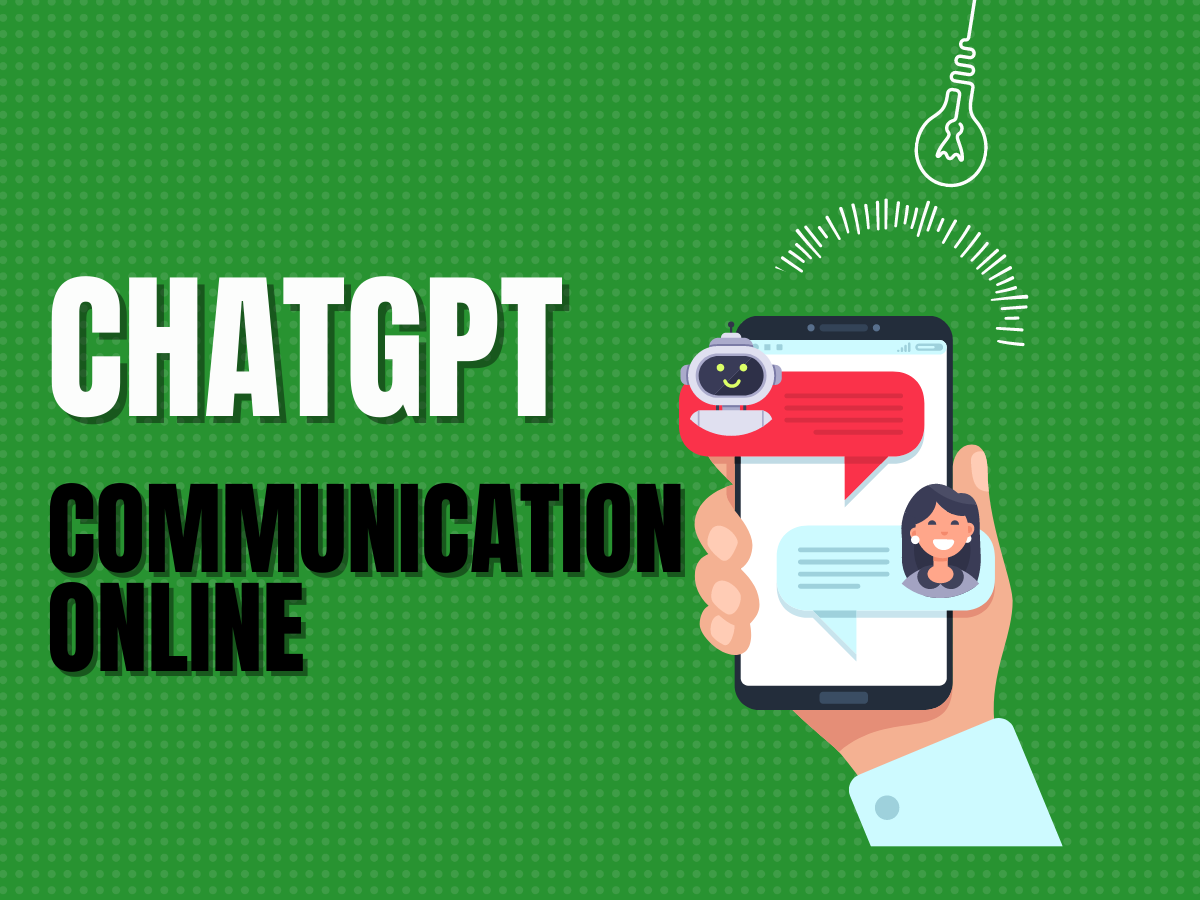

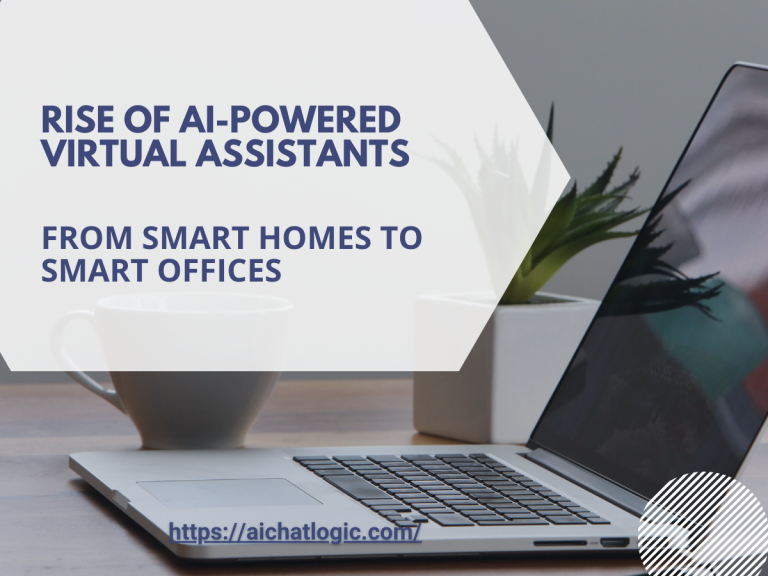
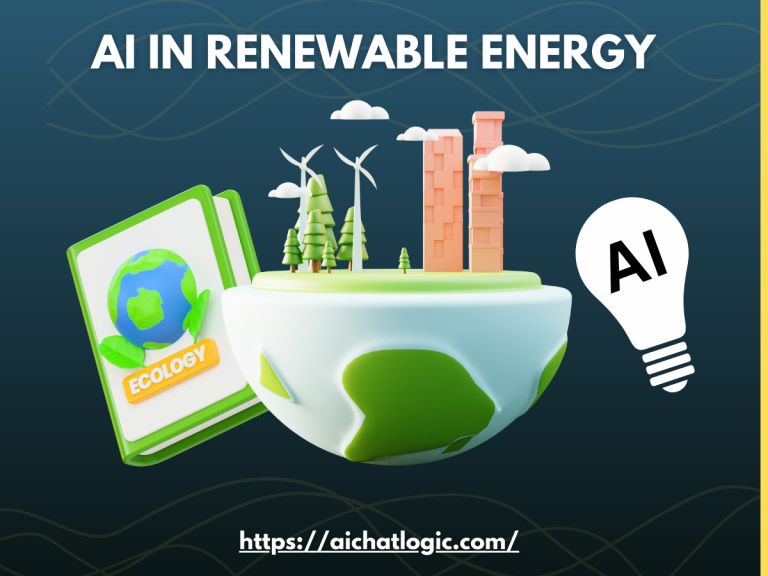


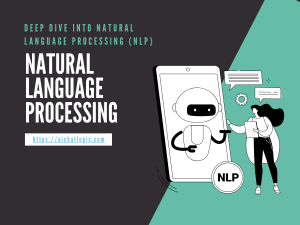
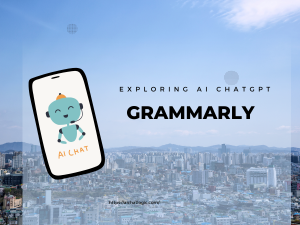



+ There are no comments
Add yours